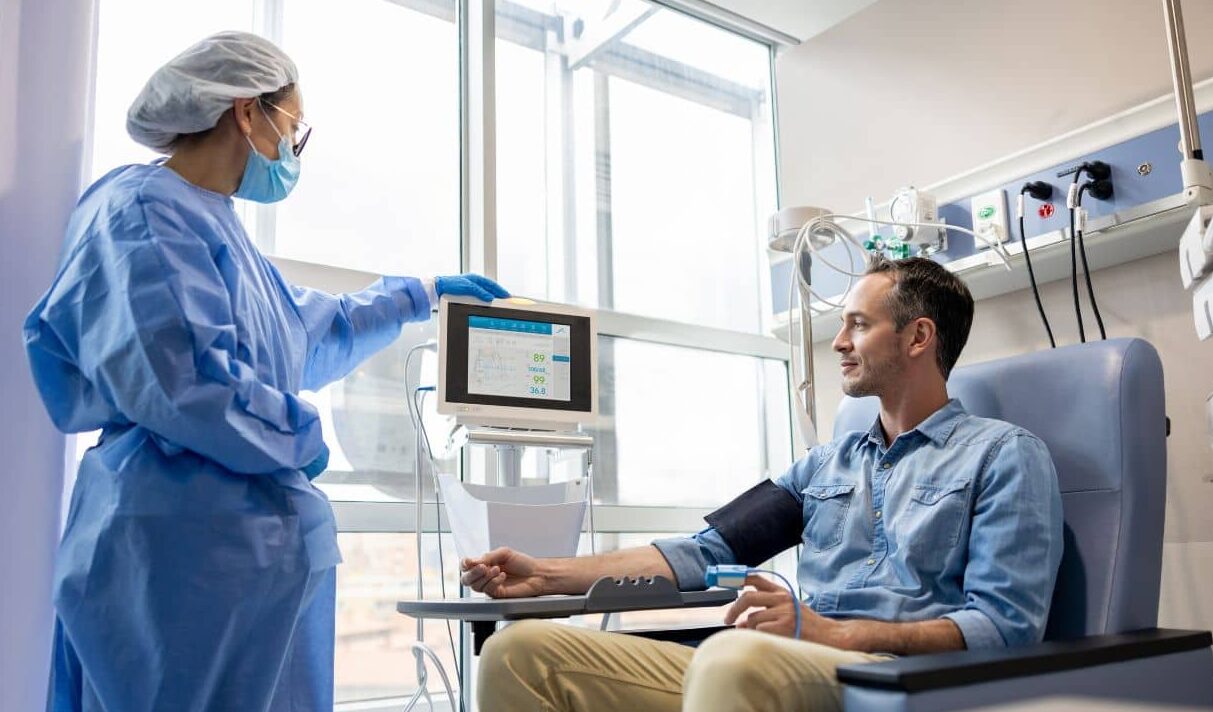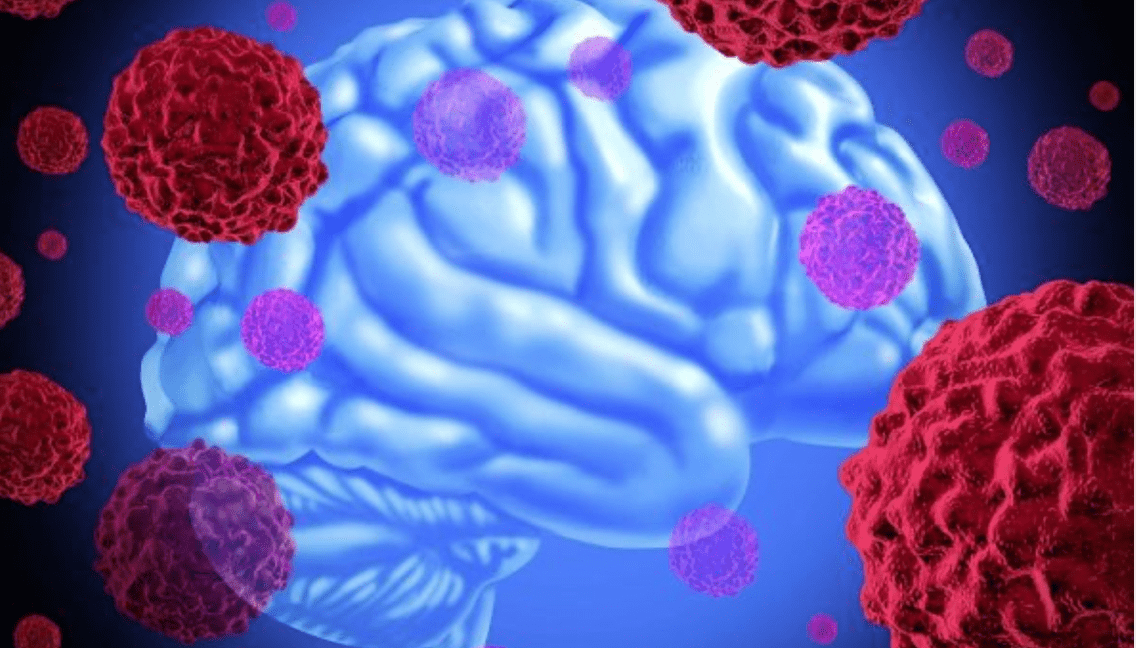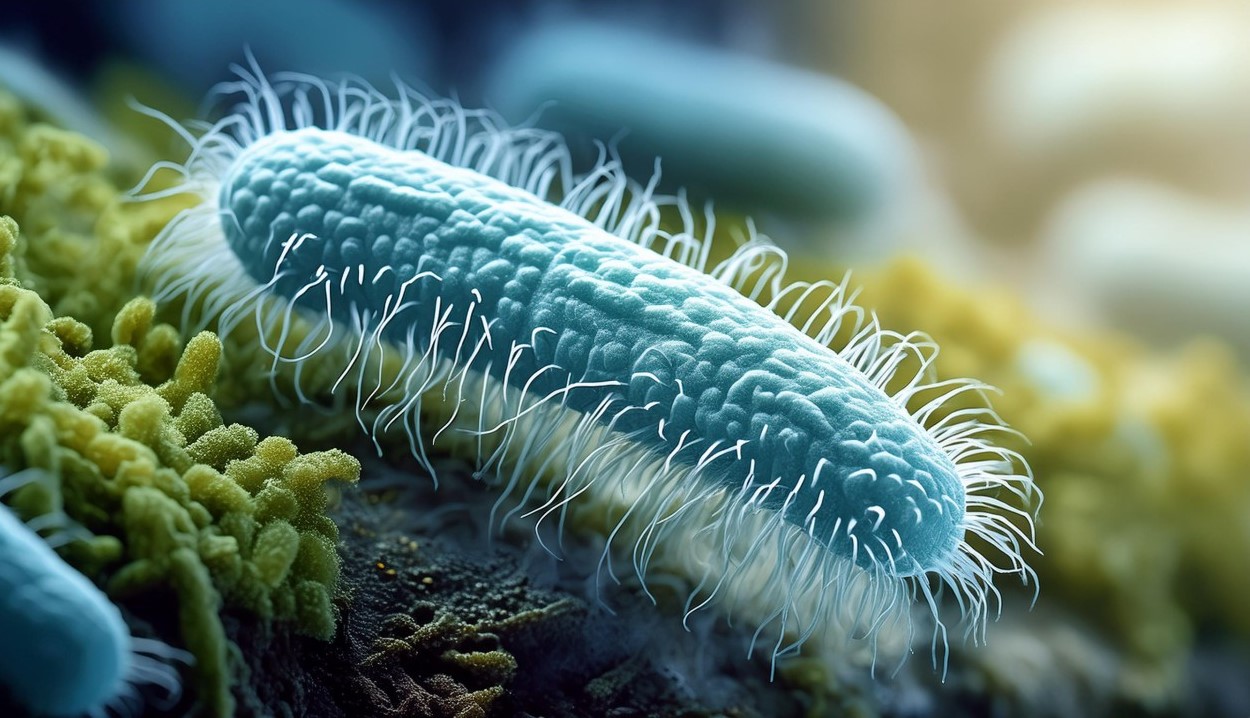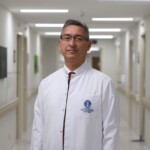-
 News
When glucose levels are low, chemotherapy ceases to affect cancer cells
News
When glucose levels are low, chemotherapy ceases to affect cancer cells
-
 News
Excessive treatment of prostate cancer in older men may reduce quality of life without increasing its duration
News
Excessive treatment of prostate cancer in older men may reduce quality of life without increasing its duration
-
 News
Brain cancer can be cured by viruses
News
Brain cancer can be cured by viruses
-
 News
Ways to reduce lymphatic pain in breast cancer have been found
News
Ways to reduce lymphatic pain in breast cancer have been found
-
 News
Scientists have turned bacteria into a powerful weapon against cancer
News
Scientists have turned bacteria into a powerful weapon against cancer
All news
Clinics for the treatment of vascular conditions
Angiosurgery is a branch of medicine specializing in the diagnosis, prevention and treatment of vascular diseases.
Within the vascular surgery there is a section of medicine — phlebology, which deals with the research and treatment of diseases of veins and vessels.
Why was the separate specialty of phlebologist isolated?
This is due to the very wide spread of varicose veins and other vein diseases. According to doctors’ assessments, up to 1/3 of the world’s population suffers from various forms of varicose veins.
MedTour will help you find highly qualified specialists from domestic and foreign clinics.
MedTour patients recommend clinics for the treatment of vascular conditions:
Doctors for the treatment of vascular conditions
These conditions are treated by a phlebologist:
- varicose veins;
- phlebothrombosis;
- chronic venous insufficiency;
- thrombophlebitis;
- post-thrombotic disorders;
- trophic ulcers and other complications of vein diseases.
An angiosurgeon (vascular surgeon) is referred to when there are problems with the arteries, veins and lymphatic vessels, for conditions such as:
- atherosclerosis;
- vascular trauma;
- myocardial infarction;
- varicose veins;
- microangiopathy;
- ischemic heart disease;
- thrombophlebitis;
- cerebral hemorrhage;
- aortic aneurysms;
- thrombosis;
- embolism;
- varicocele;
- lymphostasis;
- congenital vascular anomalies.
The diseases that vascular surgeons treat show a variety of symptoms. See your doctor if you are concerned:
- headache for no apparent reason;
- pain in the lower back, chest, or abdomen;
- long-lasting wounds that don’t heal;
- cold sensation in the extremities;
- pulsation of blood vessels in the neck and abdomen;
- tinnitus;
- dizziness, fainting;
- numbness and sensory disturbances in the extremities;
- reddening of the skin on the legs.
Of course, these symptoms do not always indicate that the problem is related to blood vessels. That is why you need the assistance of a doctor. He or she will find out the cause of such manifestations. If the problem is in the blood vessels, the angiosurgeon will determine the treatment tactics, or refer to the appropriate specialist, if he or she realizes that the problem is not in his or her competence.
Published:
Updated:









